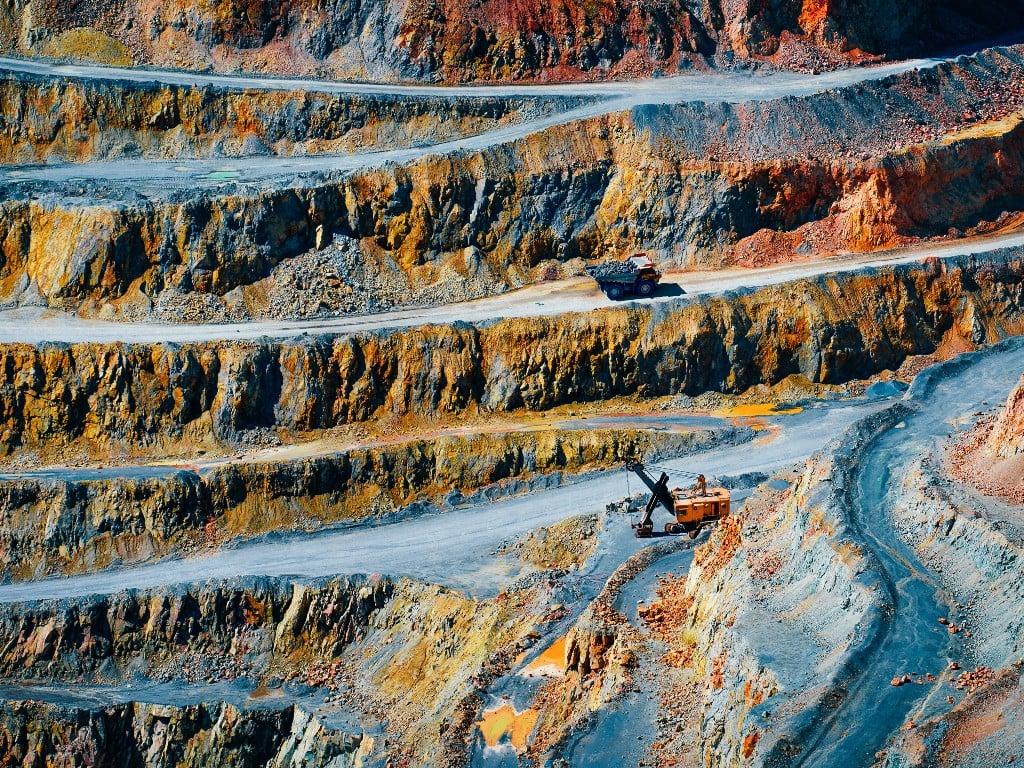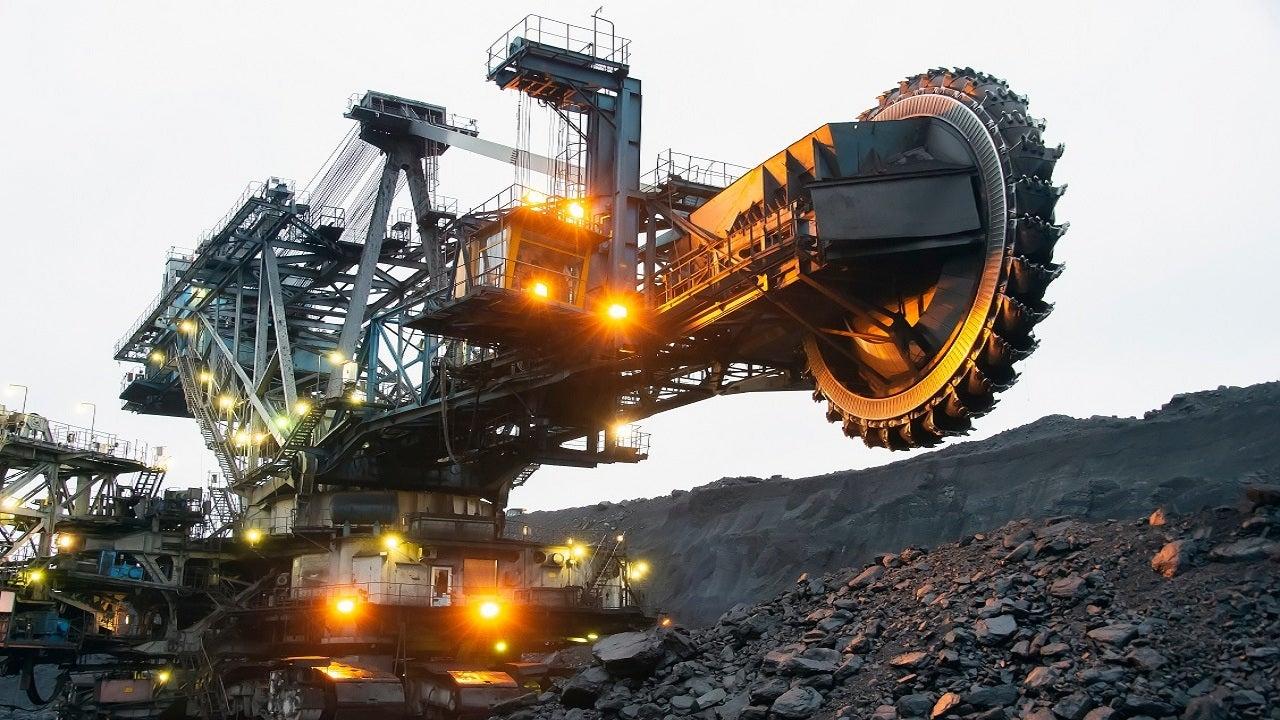El Salvadors Mining Ban Proposal: Analyzing the Economic Implications
The recent proposal by El Salvador’s president to lift the nationwide ban on metals mining has reignited a contentious debate regarding the economic ramifications for the country. Proponents of the proposal suggest that allowing mining operations could generate significant revenues, citing potential benefits such as job creation and foreign investment. The mining sector could serve as a key contributor to the national economy, enhancing the country’s gross domestic product (GDP) and decreasing reliance on remittances and foreign aid. Supporters argue that a regulated mining industry could provide both direct and indirect economic opportunities for communities, fostering development in previously neglected regions.
However, the implications of reversing the ban also raise substantial concerns about environmental sustainability and social equity. Critics warn that reopening the mining industry could lead to detrimental effects such as environmental degradation, water contamination, and a decline in local livelihoods, particularly for communities dependent on agriculture. Furthermore, the historical context of mining practices in Central America has often been marked by conflicts between corporations and local populations. As stakeholders engage in discussions about the proposal, the balancing act between economic gain and environmental responsibility will be crucial in determining the future direction of El Salvador’s mining policies.

Environmental Concerns at the Forefront: Balancing Industry and Sustainability
In a bold move that has sparked intense debate, the president of El Salvador has proposed lifting the country’s long-standing ban on metals mining. This decision comes amid rising demands for economic development and job creation, particularly in a region grappling with poverty and limited opportunities. Advocates for the change argue that responsible mining can stimulate the economy and generate much-needed revenue, providing an infusion of capital that could improve infrastructure, education, and health services. However, the potential benefits are juxtaposed against serious environmental challenges that must not be overlooked.
Critics of the mining proposal highlight significant risks associated with the industry, including the contamination of water resources, deforestation, and threats to biodiversity. Key concerns include:
- Potential for toxic runoff affecting local water supplies
- Destruction of habitats critical for local flora and fauna
- Increased carbon emissions associated with mining operations
- Long-term consequences of land degradation and erosion
Many environmentalists and community leaders are calling for a careful reconsideration of the impact this policy could have on both the ecosystem and public health. The challenge lies in finding a sustainable balance that supports economic growth without compromising the integrity of El Salvador’s rich natural resources. As dialog continues, the necessity for robust environmental regulations and oversight has never been more crucial in ensuring that progress does not come at the expense of the environment.

Public Opinion and Political Ramifications: Navigating the Controversy
The recent proposal from the president of El Salvador to lift the country’s ban on metals mining has ignited a fervent debate across the nation. Supporters argue that ending the moratorium could lead to substantial economic growth, creating jobs and attracting foreign investment. They point to the potential increase in tax revenues that could bolster the government’s budget and facilitate infrastructure projects. Key points in favor of the proposal include:
- Job Creation: Mining could create thousands of jobs in regions where unemployment is high.
- Foreign Investment: Lifting the ban may lure international mining companies, enhancing economic partnerships.
- Export Revenue: Increased mining activities could significantly raise exports, strengthening the national economy.
Conversely, the opposition is gearing up to challenge the proposal on environmental and social grounds. Critics argue that mining can lead to irreversible damage to the environment, contaminating water supplies and destroying ecosystems. Furthermore, there are concerns about the socio-economic impact on local communities, especially in rural areas where livelihoods are tied to agriculture and sustainable practices. Major concerns raised include:
- Environmental Damage: The risk of water pollution and habitat destruction raises alarms among environmentalists.
- Social Displacement: Communities may face displacement or societal changes that could threaten their traditional ways of life.
- Health Risks: Potential health risks associated with mining operations could endanger nearby populations and wildlife.

Strategic Recommendations for Responsible Mining Practices in El Salvador
As discussions heat up around the proposed end to the metals mining ban, it is crucial to prioritize sustainable and responsible mining practices that could mitigate potential environmental and social impacts. Key strategies should include the implementation of comprehensive regulations that govern mining operations, ensuring that companies adhere to strict environmental standards. Enhanced monitoring systems should be established, utilizing both technology and community oversight to ensure compliance. Among the crucial recommendations are:
- Rigorous Environmental Assessments: All mining projects should undergo thorough environmental impact assessments (EIAs) to measure potential ecological consequences.
- Community Involvement: Engaging local communities in decision-making processes can foster trust and ensure that their needs and concerns are prioritized.
- Investment in Restoration: Mandating that companies invest in land rehabilitation and biodiversity programs post-mining operations can help restore natural habitats.
- Transparency in Operations: Establishing clear communication channels and regular reporting on mining activities can hold companies accountable and promote public awareness.
Furthermore, fostering partnerships between government bodies, private sector stakeholders, and non-governmental organizations can pave the way for a collaborative approach to mining that prioritizes both economic development and environmental stewardship. Education and capacity building within local communities can empower residents to engage proactively in the mining dialog and make informed decisions regarding their resources. Strategies for responsible mining practices should also include:
- Fair Compensation and Benefits: Implementing fair compensation models for communities affected by mining activities to ensure that they receive equitable benefits.
- Promotion of Alternative Livelihoods: Investing in alternative economic opportunities can help reduce dependency on mining.
- Research and Development: Encouraging innovation in sustainable mining technologies can lead to less invasive extraction methods that minimize environmental disruption.
